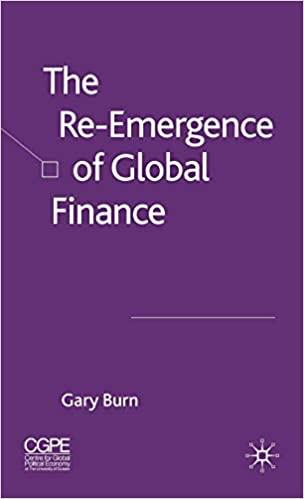Question
GYC Corporation (Management of Accounts Receivable): GYC Corporation sells its products for Php100 a unit of which Php80 represents variable costs before taxes, including credit
GYC Corporation (Management of Accounts Receivable):
GYC Corporation sells its products for Php100 a unit of which Php80 represents variable costs before taxes, including credit department costs. The firm is operating at less than full capacity, and an increase in sales can be accommodated without any increase in fixed costs. Therefore, the contribution margin of an additional unit of sales is Php100 Php80 = Php20.
At present the annual credit sales are about Php24 million. The credit period is 30 days and the average collection period is 45 days. The opportunity cost of capital is 20%
Questions and Alternatives: Examine the information given and the assumptions made above. Why do variable costs already include credit department costs? Why do we assume less than full capacity? Why do you think are contribution margin, sales, collection period and opportunity costs mentioned?
Alternative 1: Credit Standards The firm is thinking of liberalizing credit to attract new customers. This will result in an average collection experience of 2 months on new customers. The change will apply only to a new geographic area so existing customers are not expected to alter their buying and payment patterns. The change is expected to produce a 25% increase in sales from the new customers.
Alternative 2: Credit Period Suppose the firm is considering extending the credit period from 30 days to 60 days, making the average collection period 75 days. It is thought that this change will increase sales by Php3.6 million and this new sales will also be collected over 75 days.
Alternative 3: Cash Discount A cash discount is being mulled so that if a customer pays within 10 days, he gets a 2% discount (given the 30 day credit period, these credit terms are usually written together as 2/10, n/30). It is thought that this change will reduce the collection period to 1 month as 40 percent of the customers will take advantage of the discount.
Alternative 4: Bad Debts Suppose the firm is considering the present policy (sales of Php24 million) together with two new ones. These policies are expected to produce the following results:
| Existing Policy | Policy A | Policy B | |
| Demand (sales in Php millions | 24 | 30 | 33 |
| Bad Debts on News Sales | 2% | 10% | 18% |
| Collection Period on New Sales | 45 days | 2 months | 3 months |
Alternative 1: Liberalizing credit standards
Benefit:
More customers increase profits or contribution __________________
Less Cost: New customers tie up funds in A/R (cost of money) __________________
NET BENEFIT/ (COST) __________________
Alternative 2: Extending the credit period
Benefit:
More customers increase profits or contribution __________________
Less Cost: Longer period tie up funds in A/R (cost of money) __________________
NET BENEFIT/ (COST) __________________
Alternative 3: Offering a cash discount
Benefit:
Shorter period release funds from A/R (cost of money) ________________
Less Cost: Discounts taken reduce profit ________________
NET BENEFIT/ (COST) __________________
Alternative 4: Effect of Bad Debts
Existing Policy vs. Policy A
Benefit:
More customers increase profits or contribution ________________
Less Costs: Increase in bad debts ________________
Longer period tie up funds in A/R (cost of money) ________________
NET BENEFIT/ (COST) __________________
Policy A vs. Policy B
Benefit:
More customers increase profits or contribution __________________
Less Costs: Increase in bad debts __________________
Longer period tie up funds in A/R (cost of money) __________________
NET BENEFIT/ (COST) __________________
Step by Step Solution
There are 3 Steps involved in it
Step: 1

Get Instant Access to Expert-Tailored Solutions
See step-by-step solutions with expert insights and AI powered tools for academic success
Step: 2

Step: 3

Ace Your Homework with AI
Get the answers you need in no time with our AI-driven, step-by-step assistance
Get Started


